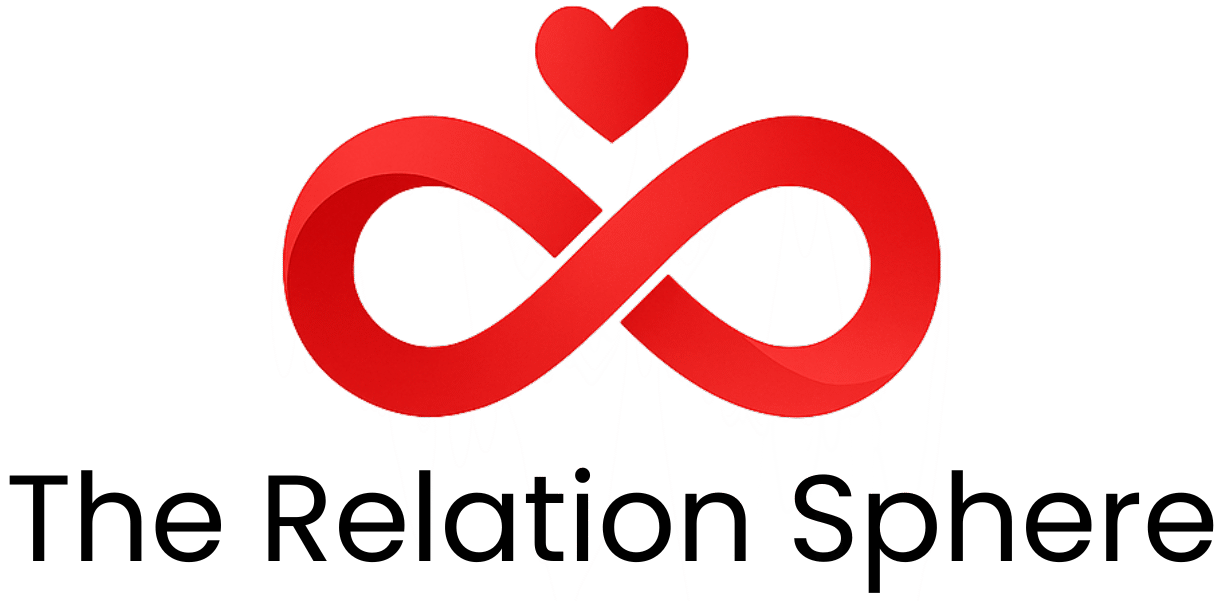1. Introduction
Friendship breakups can be some of the most emotionally challenging experiences we face. When close friends part ways, it’s natural to feel hurt, confused, and even betrayed. Understanding why friendship breakups hurt so deeply and discovering ways to heal can significantly help you navigate this difficult period more effectively. In this comprehensive guide, we explore the emotional impact of friendship dissolutions, the reasons behind the pain, and strategic steps to recover and rebuild after such setbacks. Whether you’re dealing with a recent fallout or reflecting on a past friendship, knowing the best ways to cope can lead to a healthier, more resilient you.
When navigating the complexities of friendship dissolution, it’s essential to recognize the profound effect these experiences have on our mental health. For more insights on emotional healing, check out how to heal after a breakup.

2. Why Do Friendship Breakups Hurt So Much?
Friendship breakups evoke intense emotions because they often involve the loss of a trusted confidant and emotional support. Humans are inherently social beings, and close friendships fulfill our needs for companionship, understanding, and acceptance. When these bonds are suddenly severed, it can trigger feelings of grief similar to those experienced after romantic or familial losses. The best kw in understanding this pain relates to the deep emotional connection that is abruptly withdrawn, leaving a void.
Furthermore, many friendship breakups challenge our sense of self and our identity, especially if the friendship played a significant role in our daily life or self-esteem. The emotional pain can also stem from feelings of loneliness, betrayal, or unresolved conflicts, making the healing process complex yet necessary. A helpful resource for navigating emotional lows is the link between mental health and relationship patterns.

3. Common Causes of Friendship Breakups
Understanding the typical reasons behind friendship breakups can help you gain perspective and accept that such situations are a natural part of life’s journey. Here are some of the most frequent causes, often linked to the best kw:
- Miscommunication or misunderstandings – Small miscommunications can escalate over time, leading to feelings of resentment and distance.
- Broken trust – Betrayal, secrets being disclosed, or dishonesty can irreparably damage the foundation of trust.
- Growing apart – Changes in life circumstances, values, or interests naturally cause friends to drift apart.
- Conflict or unresolved issues – Persistent disagreements that aren’t resolved can create emotional walls.
- Jealousy or competition – Envy or rivalry can subtly undermine the friendship’s stability over time.
Recognizing these causes can prepare you for healing and help prevent similar issues in future relationships. Developing healthier boundaries, such as using tools like a smart girl’s guide to friendship troubles, can also aid in nurturing resilient friendships.

4. How to Heal After a Friendship Breakup
Healing from a friendship breakup involves emotional processing, self-care, and sometimes, accepting the situation. Here are practical steps to assist you on this journey, incorporating the best kw for resolution:
A. Allow Yourself to Feel
Permit yourself to experience a range of emotions such as sadness, anger, or disappointment. Recognizing and validating these feelings is crucial—doing so is supported by tools like the inner work of relationships. Suppressing emotions can delay the healing process and lead to unresolved issues.
B. Practice Self-Reflection and Journaling
Writing about your feelings helps clarify your thoughts and process emotional pain more healthily. Self-reflection can reveal patterns or triggers that led to the friendship issues, helping you learn for future relationships.

C. Seek Support from Others
Share your feelings with trusted friends, family, or a counselor. Social support is essential in overcoming emotional setbacks after friendship breakups. Resources like the seven principles for making relationships work can also guide you in rebuilding healthier connections.
D. Focus on Self-Care and Personal Growth
Engage in activities that enhance your well-being, such as exercise, hobbies, or meditation. Prioritize self-love to rebuild your confidence and happiness. Consider exploring retreats or wellness programs like wellness retreats in Ubud, Bali to rejuvenate your mind and body.
E. Accept and Learn from the Experience
View the breakup as an opportunity for personal growth. Reflect on what you’ve learned about yourself and how you can foster healthier relationships in the future. Sometimes, professional resources like Love & Respect provide insights into building respectful, loving connections.

5. Moving Forward: Embracing New Beginnings
While friendship breakups are inherently painful, they often open doors to new experiences and personal growth. Embrace the opportunity to rebuild your social life, develop new hobbies, and rediscover aspects of yourself that were overshadowed by past friendships. Engaging in activities like trying new date night ideas with your partner, such as the scratch-off date night activity book, can foster stronger bonds and new memories. Remember that recovery is a gradual process—be patient and kind to yourself as you transition toward a happier, healthier future.
6. FAQs About Friendship Breakups
Why do friendship breakups hurt so deeply?
Friendship breakups cause deep emotional pain because they involve the loss of trust, companionship, and emotional support. They challenge our sense of identity and can evoke feelings of grief similar to other significant losses. Recognizing the importance of emotional bonds helps us understand why healing takes time and effort.
How long does it take to heal from a friendship breakup?
The healing process varies depending on the individual and the depth of the friendship. It can take weeks, months, or even longer. Practicing patience and engaging in consistent self-care are crucial. For additional strategies, explore RISKY COUPLES – fun date night dares to boost your emotional resilience.
Is it possible to restore a friendship after a breakup?
Yes, reconciliation can be possible if both parties are willing to address underlying issues, rebuild trust, and communicate openly. Sometimes, accepting the breakup and focusing on personal growth is a healthier choice. For guidance on repairing relationships, consider a guide to friendship troubleshooting.
What are some effective ways to move on after a friendship ends?
Engage in self-reflection, seek emotional support, focus on personal development, and give yourself time. Building new relationships, such as exploring dating or social groups, can be facilitated by activities like the seven principles for making relationships work. Remember, healing is a journey—embrace it with patience and compassion.

Remember, healing from a friendship breakup is a journey, not a destination. Be kind to yourself, seek support when needed, and stay open to new beginnings.

